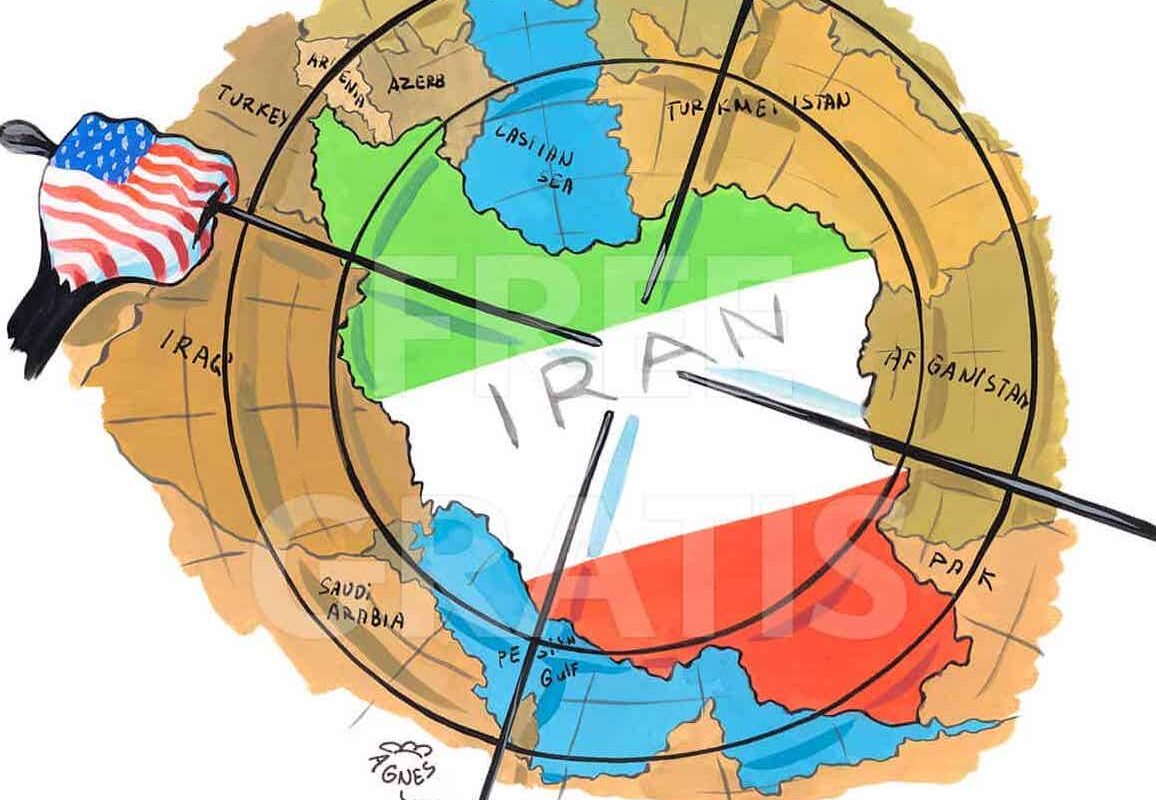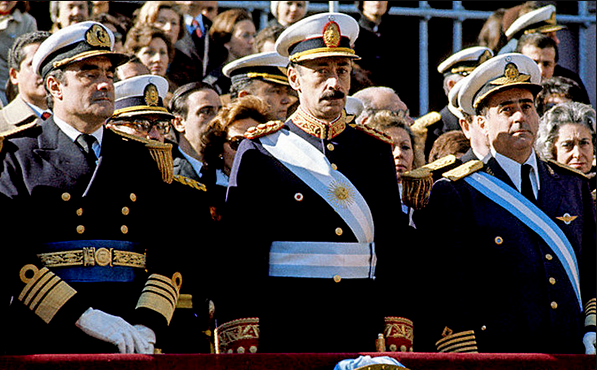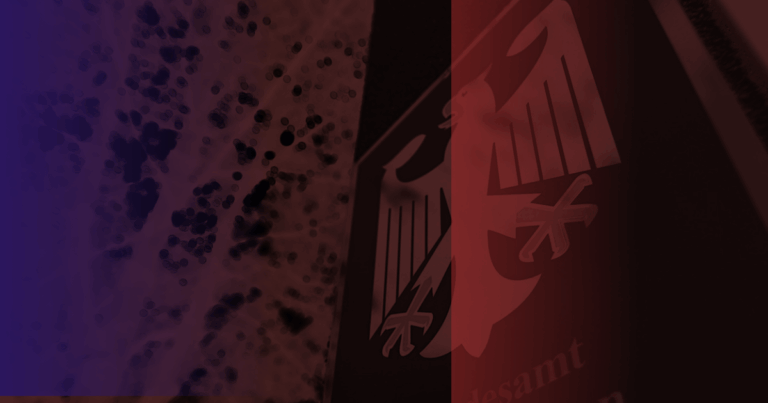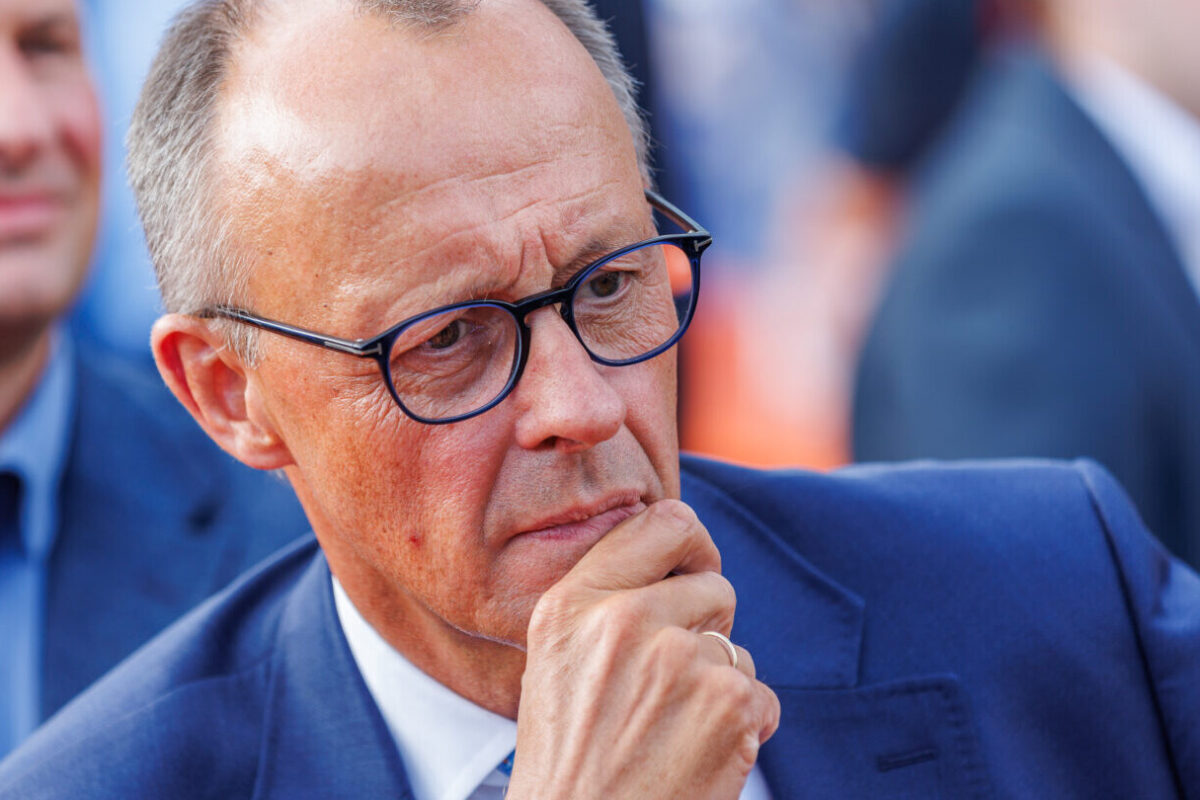Not just your Picture is the story of Ramsis and Layla Kilani, Palestinian siblings from Siegen in Germany. It is just as much its the story of their father Ibrahim. Ibrahim left his home in Beit Lahiya, Gaza, to study architecture in Germany. In 2002, after he lost his job and his marriage collapsed, he returned to Gaza, married a local teacher, and had 5 more children. Ramsis and Layla – then 11 and 9 – remained with their mother in Germany. Outside skype calls, they never saw their father again.
Twelve years later, in 2014, the Gaza “war” broke out. This was not a war in any real sense, and largely consisted of Israeli planes bombing residential areas of Gaza. Among the many civilian victims were Ibrahim, his wife and 5 children, plus 4 other relatives, who were all killed in a bomb attack on July 21st.
The Kilani family in Siegen received a condolence letter from someone who works for the German Diplomatic Mission in Ramallah. The letter expressed the personal sympathy of the writer but was unofficial and not written in the name of the German State or any of its agencies. The German government has still not opened any investigation into the brutal death of a German citizen.
Not Just your Picture follows how Ramsis and Layla have come to terms with their father’s death and the indifference of the country in which they were born and raised. Ramsis consulted the European Center for Constitutional and Human Rights (ECCHR) about how he could sue the Israeli army. German politicians looked away as the legal process got bogged down in constitutional wrangling.
On a more personal level, he engaged himself with the radical left. Initially this not because of Palestine but for what he calls identitarian reasons – because the Left was anti-racist. He recalls with laughter the time he punched the one Nazi in the Siegen parliament, followed by confusion that part of the antifa scene was supporting his action by raising an Israel flag.
Ramsis explains that speaking out in public did not come naturally to him, but this responsibility has now been thrust upon him. We see him addressing a rally in Berlin on the anniversary of his father’s death, and speaking at the Institut du Monde Araba in France. He insists that he is not just speaking for his father and his family, but for the thousands of Palestinians in a similar situation.
Layla, in contrast, was less politically engaged, but still wanted to understand her father’s death. We see film footage of her visiting Palestine for the first time in 2017. This was an exchange programme organised by her University, so Ramsis couldn’t join her. She sees the benefits in this. Without the influence of her opinionated brother, she could get a clearer view for herself.
In Hebron she visits the infamous Shuhada Street to which Palestinians are denied access. Previously the street had been filled with Palestinian shops but it has now been taken over by settlers. The nearby school was also closed and is now a control centre for the Israeli army. Armed soldiers tell them that only the Europeans in their party may proceed – Palestinians (or, as the soldiers say, “Muslims”) are banned. They stick together and all turn around.
Back in Beit Lahiya, Ibrahim’s brother Saleh and his sister Khadija show us his abandoned house, then take us round his orchard. The trees have dried and there is little they can cultivate here, but they can’t bring themselves to come here since his death. As Khadija explains “every time we visit, we remember my brother. That’s why it’s been two years since we entered here.”
Both Ramsis and Layla talk about how it would be easier to shut up about their background. Talking about Palestine was even more difficult for their father who preferred to keep quiet and ignore any conflict. Layla explains that she used to introduce herself as an Arab to avoid being told that Palestine doesn’t exist. But her experiences have turned her into a proud and vocal Palestinian.
What is extraordinary about the Kilanis’ story is that it is not untypical. This is the experience of many Palestinians in Germany and throughout the world. It is contemporary history, and at the same time it is hidden, ignored. Neither Ramsis nor Layla has been able to visit their family or their father’s grave as they are denied entry into Gaza. They are not alone. Their story deserves to be told, but we must also act so that no more Palestinians must mourn the deaths of their families.
The German prémiere of Not Just Your Picture will be in the City Kino Wedding on Wednesday 4th August at 7pm. The film will be followed by a discussion with Layla and Ramsis Kilani plus directors Ann Paq and Dror Dayan.




